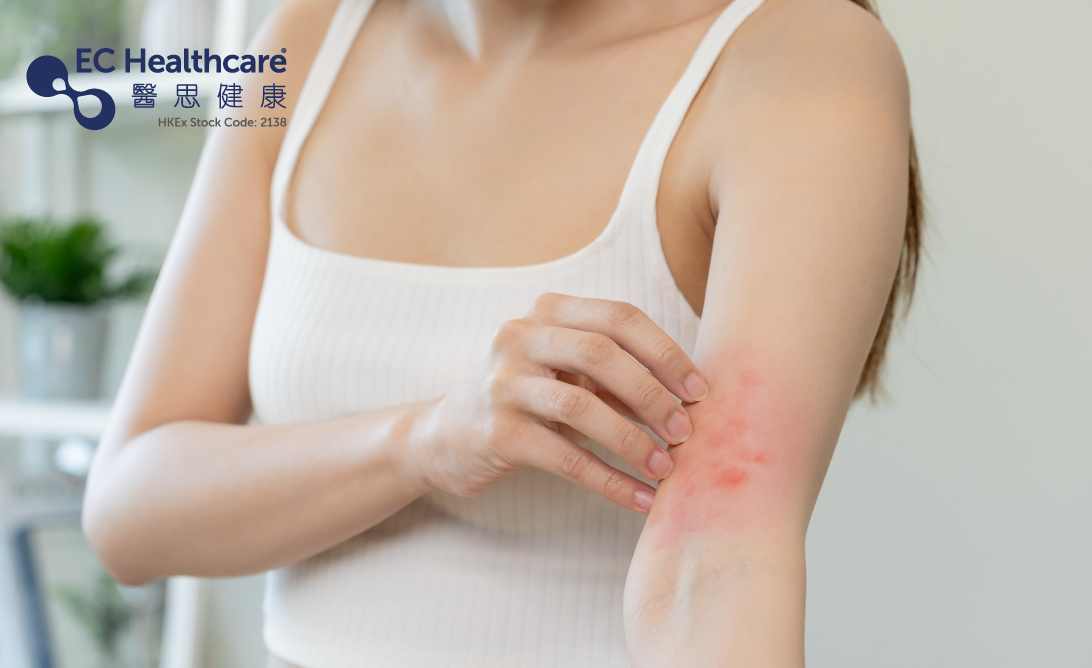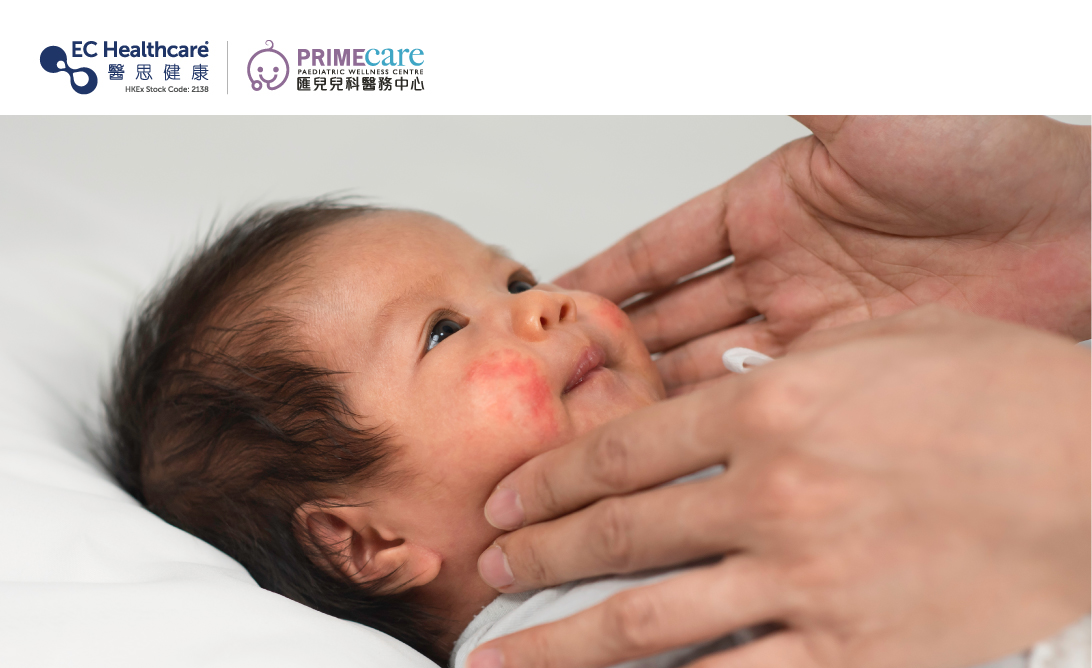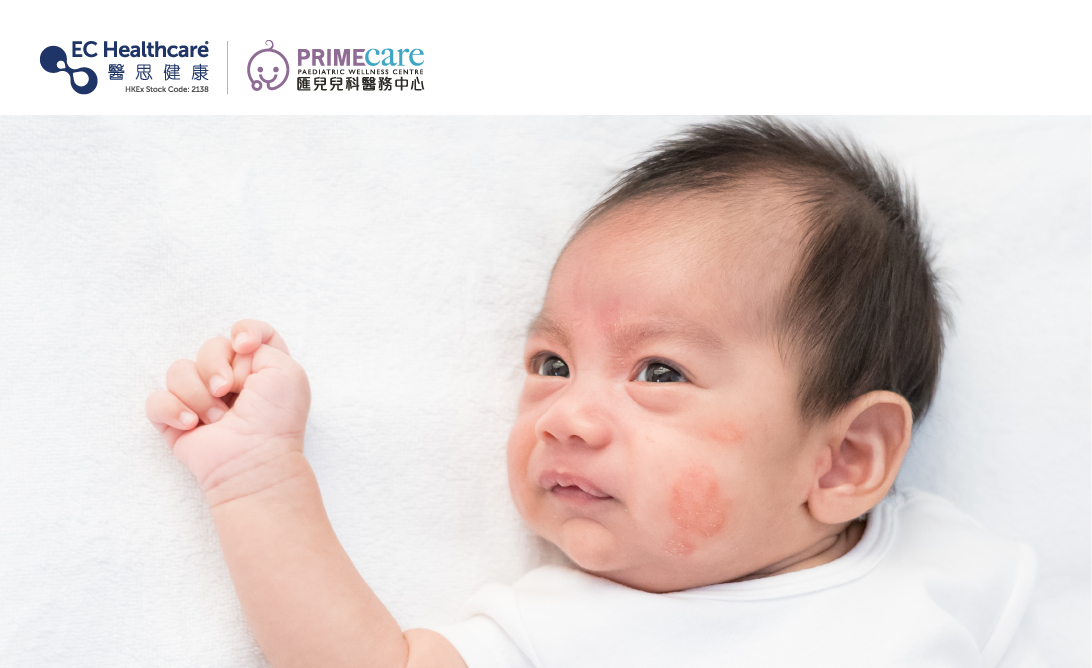Tips to Prevent Eczema Flare-ups in Fall and Winter


Autumn and winter months could be hard times for our skin, and many people get eczema flare-ups during the season because of the changing temperatures and dry air. As the humidity level drops, the human skin becomes less stable, in particular, the eczema skin is more fragile and more vulnerable to allergens.
Eczema is very common in Hong Kong. It commonly occurs on the limbs, joints, neck and face, and mostly develops from itchy and irritated skin to a "rash". The skin condition continues from infancy to adolescence and may improve in adulthood, but it may recur throughout a person's life.
The skin is the first line of defence against bacteria. The skin barrier is a thick brick wall of cells that are densely packed together to ward off external pollutants. As eczema sufferers' skin is naturally less oily, the dryer the season, the more moisture is lost and the gaps between the cells are created, allowing bacteria and pollutants to enter. The autumn and winter are the breeding seasons for eczema that will naturally flare up if the patient is already sensitive to allergens such as dust, pollen, pet hair, etc.
To minimize eczema outbreaks and soothe irritated skin, it is important for people to moisturise their skin and to remember to:
Have a skin test to identify the allergen(s) and avoid contact as far as possible, for example, for dust mites, you should clean more often and use anti-dust mite bedding products.
Keep your shower/bathing time short, preferably within 5 minutes. The water should not be too hot as it can damage the skin.
Avoid using skin care products containing fragrances, alcohols and other highly allergenic preservatives such as parabens and methylisothiazolinones (MIT).
Choose products containing ceramides that replace the body's oils to repair the gaps between the patient's skin cells and improve the skin's weakened barrier.
Moisturize often, probably using a wet compress. Apply moisturiser first, then put on tight clothing or wrap the body part with plastic wrap.
Control the diet. Avoid caffeine, spicy and oily foods and other stimulating foods, and consume more fruits and vegetables to stabilise the immune system and relieve eczema symptoms.
Related Brands


